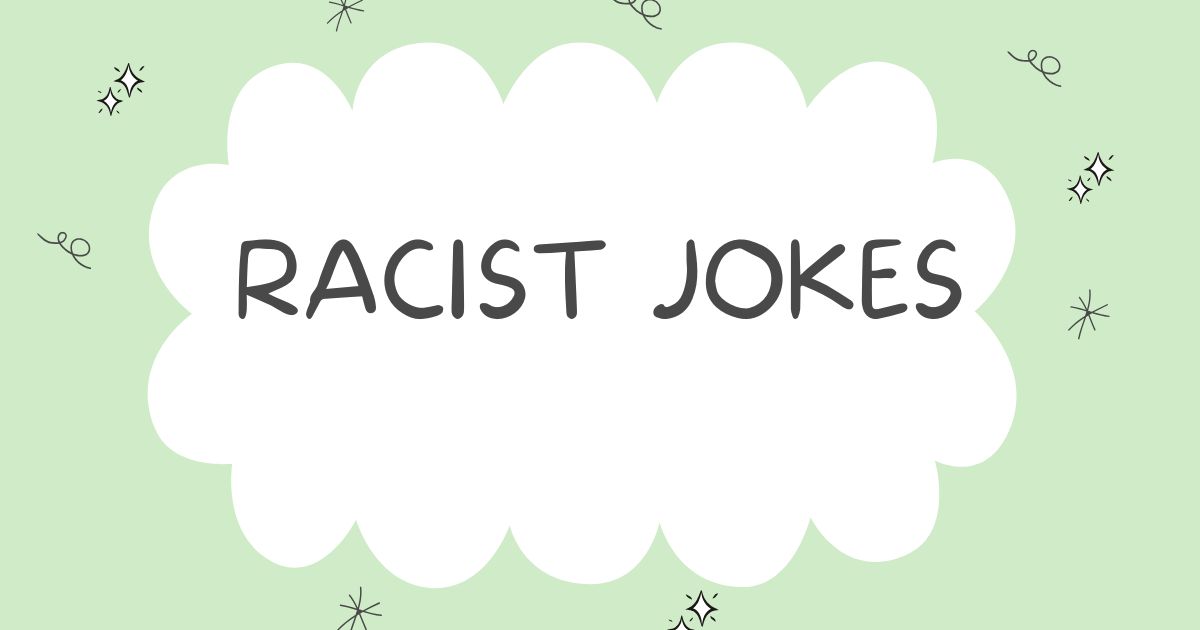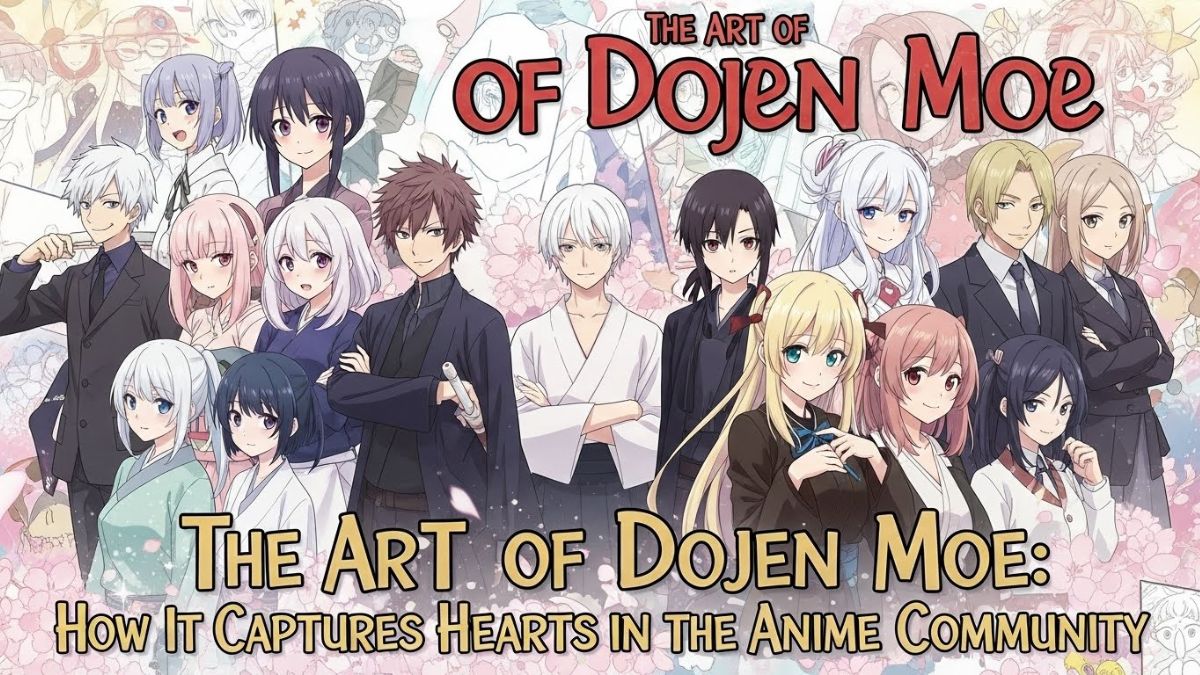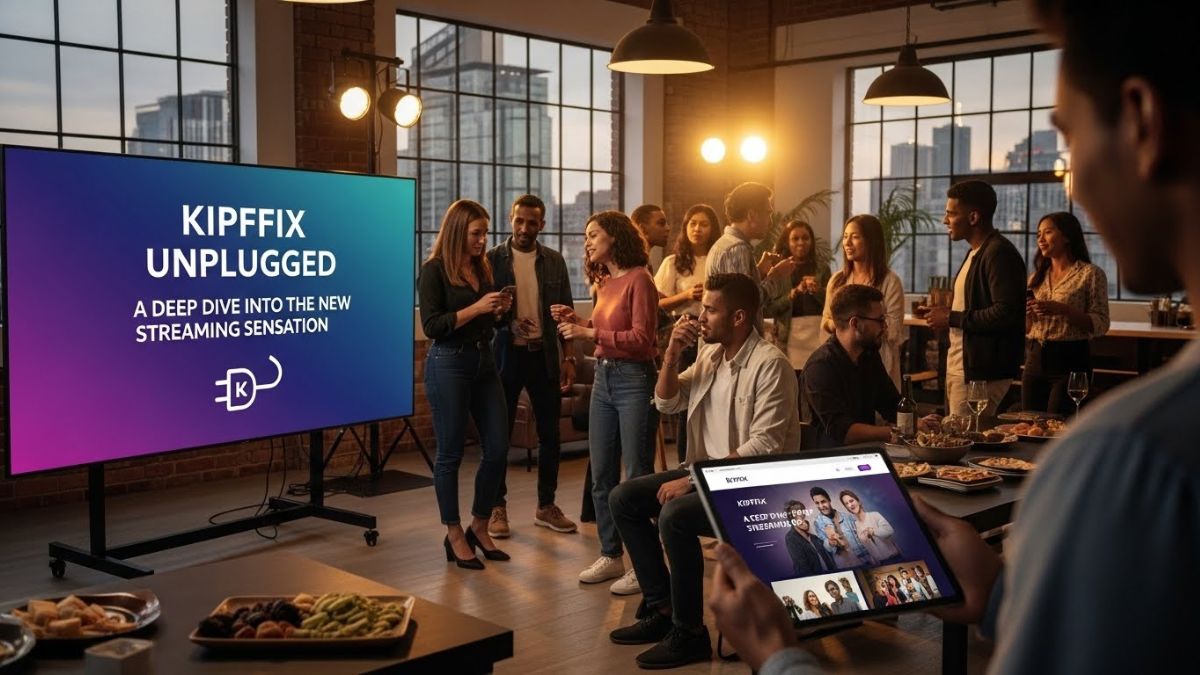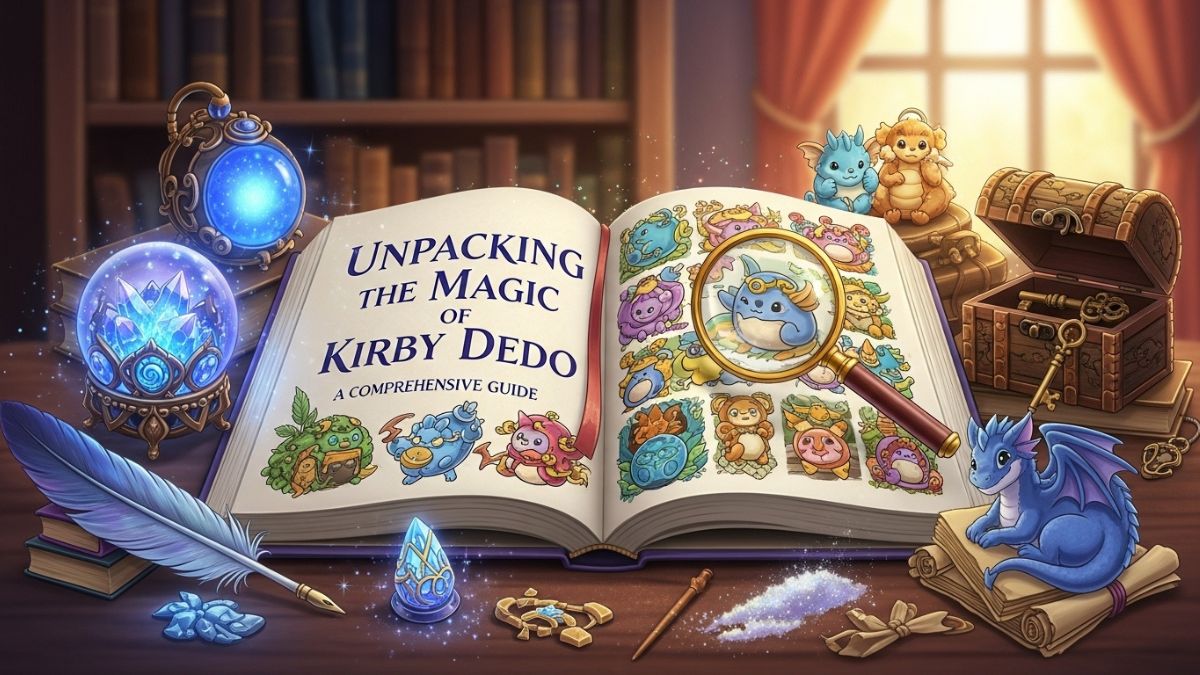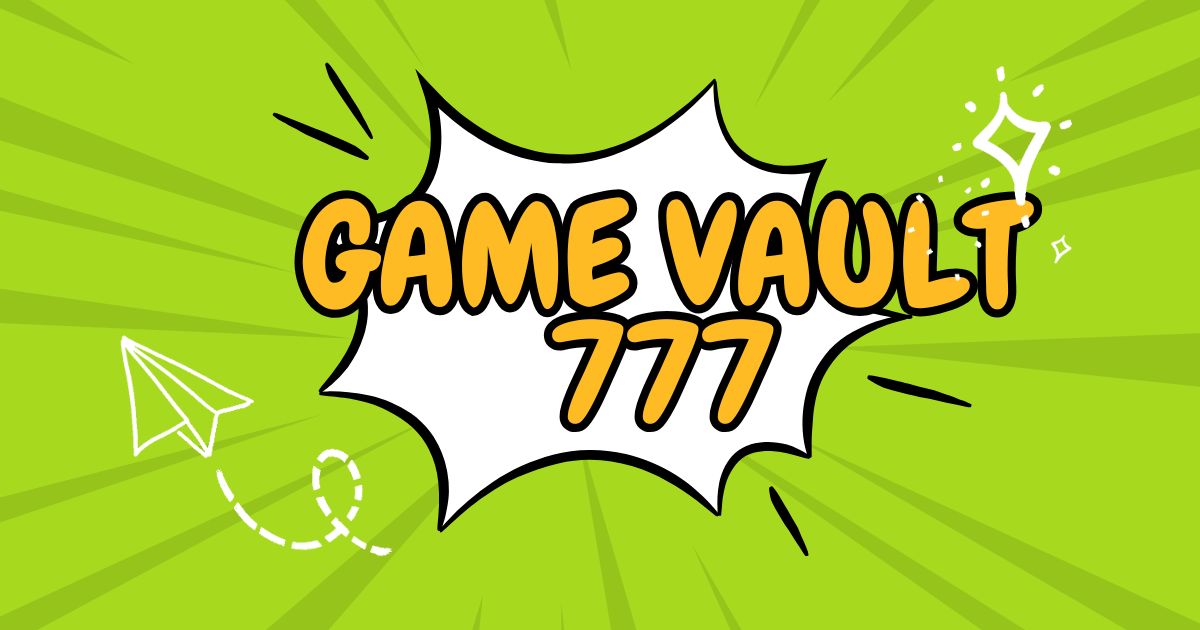Racist jokes are attempts at humor based on racial stereotypes, prejudices, or assumptions. On the surface, they may appear lighthearted or comedic, but underneath, they often reflect and reinforce deep-rooted societal biases. While some may claim they’re “just jokes,” they carry a legacy of exclusion, dehumanization, and division.
Why Racist Jokes Are Not Harmless Humor
The argument that “it’s just a joke” ignores the harm these remarks cause. Even when said casually, racist jokes perpetuate negative ideas about marginalized communities. They normalize discrimination by wrapping it in laughter, making it easier to dismiss or justify racist behavior. Humor should unite—not degrade.
Historical Context Behind Racial Humor
Racially charged humor has long roots in colonialism, slavery, and segregation. Historically, minstrel shows, blackface performances, and ethnic caricatures were popularized to entertain white audiences at the expense of minority dignity. These legacies don’t disappear; they echo through modern racist jokes, carrying the weight of historical trauma.
The Impact of Racist Jokes on Marginalized Groups
Racist jokes create unsafe spaces. They make people of color feel unwelcome, belittled, or reduced to stereotypes. Repeated exposure can affect mental health, self-worth, and even career opportunities. In schools or workplaces, these jokes foster exclusion, alienation, and long-term psychological stress.
How Racist Jokes Perpetuate Stereotypes
Humor often relies on exaggeration—but when those exaggerations center around race, they reinforce false narratives. For instance, jokes about intelligence, crime, or accents can harden misconceptions. Over time, these narratives influence how society views entire groups, affecting everything from policing to hiring practices.
The Role of Media in Spreading Racial Humor
Media has a powerful influence on societal attitudes. TV shows, movies, and stand-up comedy sometimes use racist tropes for laughs. When these jokes are mainstreamed, they validate prejudice and desensitize audiences. Worse, they teach young viewers that mocking race is acceptable and profitable.
Racist Jokes in Online Spaces
Social media has amplified racist jokes through memes, videos, and comment threads. Anonymity makes it easier for people to spread offensive content without accountability. These platforms often allow racist humor to trend, making it viral and more harmful. Online hate speech frequently begins as “jokes.”
How Children Are Affected by Racist Humor
Children absorb more than we realize. When they hear adults or media laugh at racist jokes, they internalize the idea that it’s okay to mock others based on race. These early lessons can shape attitudes and behaviors well into adulthood, perpetuating a cycle of casual racism.
The Thin Line Between Satire and Racism
Not all race-based humor is offensive—satire can expose racism rather than promote it. But this requires sensitivity, self-awareness, and context. Satire punches up; racist jokes punch down. The intent matters, but so does the impact. If the humor relies on demeaning a group, it crosses the line.
How Racist Jokes Affect Workplace Culture
In professional environments, racist jokes undermine inclusivity and respect. Even offhand comments can damage team cohesion and morale. When employees hear or witness these jokes, it affects their sense of belonging. Worse, HR departments may ignore complaints if humor is used as a defense.
What Bystanders Can Do When They Hear Racist Jokes
Silence is complicity. If you hear a racist joke, speak up—respectfully but firmly. Ask, “What do you mean by that?” or say, “That makes me uncomfortable.” You can shift the mood without confrontation. Challenging these jokes helps create a safer space for everyone.
Why Intent Doesn’t Erase Impact
Often, joke-tellers say, “I didn’t mean to offend anyone.” But intent doesn’t erase the harm caused. If someone steps on your foot accidentally, it still hurts. The impact of a racist joke remains, even if the speaker had no malicious intent. Responsibility lies in how it’s received.
How Racist Humor Reinforces Systemic Inequality
These jokes don’t exist in a vacuum. They support larger systems of inequality by trivializing racial differences. If people constantly hear jokes portraying certain races as lazy, criminal, or less intelligent, it shapes public opinion—and public policy. Comedy, then, becomes a tool of oppression.
Alternatives to Offensive Humor
Humor can thrive without relying on racism. Clever, observational, or self-deprecating humor resonates with audiences without demeaning anyone. Comedians and writers can be funny without reinforcing stereotypes. Choosing inclusive humor makes comedy smarter, kinder, and more universal.
Voices Speaking Out Against Racist Humor
Many artists, activists, and comedians now challenge racist humor. They use their platforms to expose its dangers and educate audiences. Shows and creators that take a stand are reshaping the entertainment landscape—proving that you can be both conscious and funny.
The Role of Education in Addressing Racial Humor
Schools can foster critical thinking by teaching students to recognize problematic humor. Media literacy helps youth understand how comedy can reinforce or resist racism. Open conversations about race and respect are essential in creating a future where laughter uplifts, not tears down.
What Makes a Joke Racist?
If a joke relies on a racial stereotype, degrades a group, or makes someone’s identity the punchline, it’s likely racist. A good test: Would you say it in front of someone from that group? If the answer is no—or if it makes someone feel small—it’s not funny, it’s offensive.
Why Ending Racist Jokes Matters
Eliminating racist jokes isn’t about “cancel culture.” It’s about creating environments where everyone feels seen and respected. Humor is a shared experience—it should never come at someone’s expense. Ending racist jokes is a small step toward a more empathetic, inclusive world.
Conclusion
Racist jokes may seem like harmless fun to some, but their impact runs deep. They perpetuate stereotypes, normalize exclusion, and damage the self-worth of entire communities. In a world striving for equality, we must recognize that words—especially jokes—carry power. Choosing empathy over mockery can shape a better society, one where humor brings people together, not apart.
FAQs
Aren’t jokes meant to be funny, not political?
Humor reflects society. When it targets marginalized groups, it becomes part of the problem. Good humor uplifts without hurting.
Can someone make a racist joke without realizing it?
Yes. Many repeat harmful jokes without understanding the history or implications. That’s why education is important.
What’s the difference between racist jokes and racial humor?
Racist jokes degrade; racial humor (like satire) can challenge stereotypes. The difference lies in intent and impact.
should comedians be banned from making controversial jokes?
Not necessarily, but they should be responsible. Challenging topics require skill, nuance, and respect—not cheap shots.
How can I explain to a friend that their joke was racist?
Speak calmly. Say how it made you feel or why it could hurt others. Most people respond better to compassion than anger.











